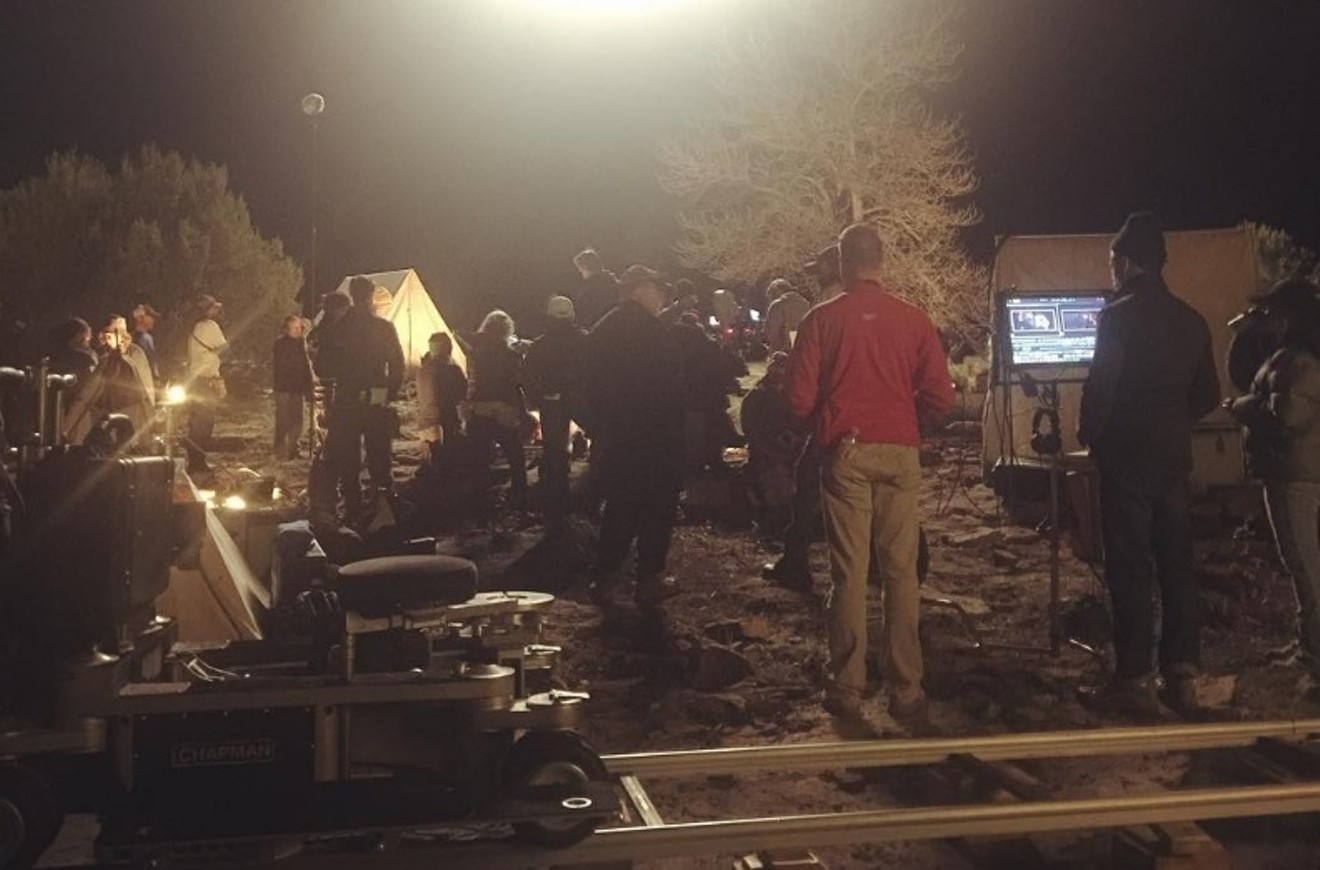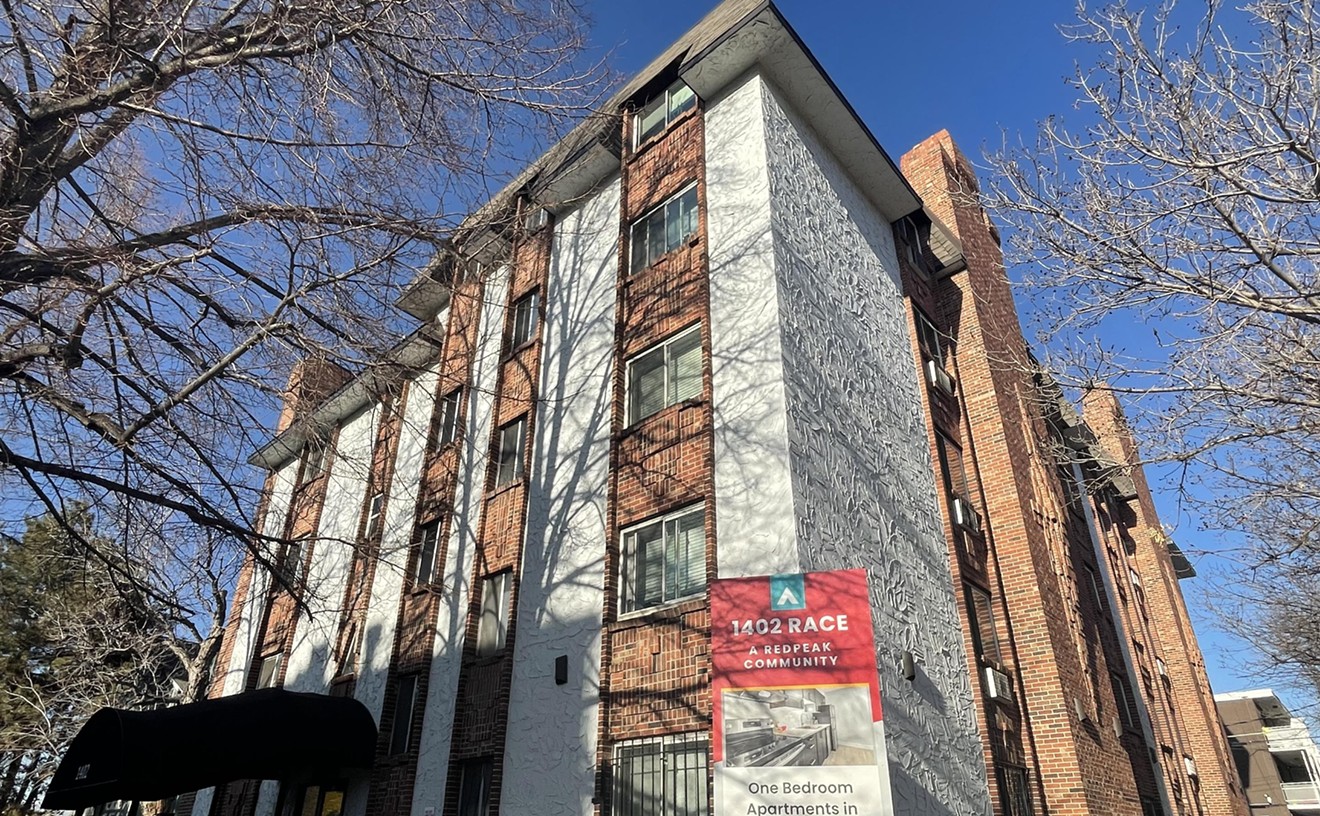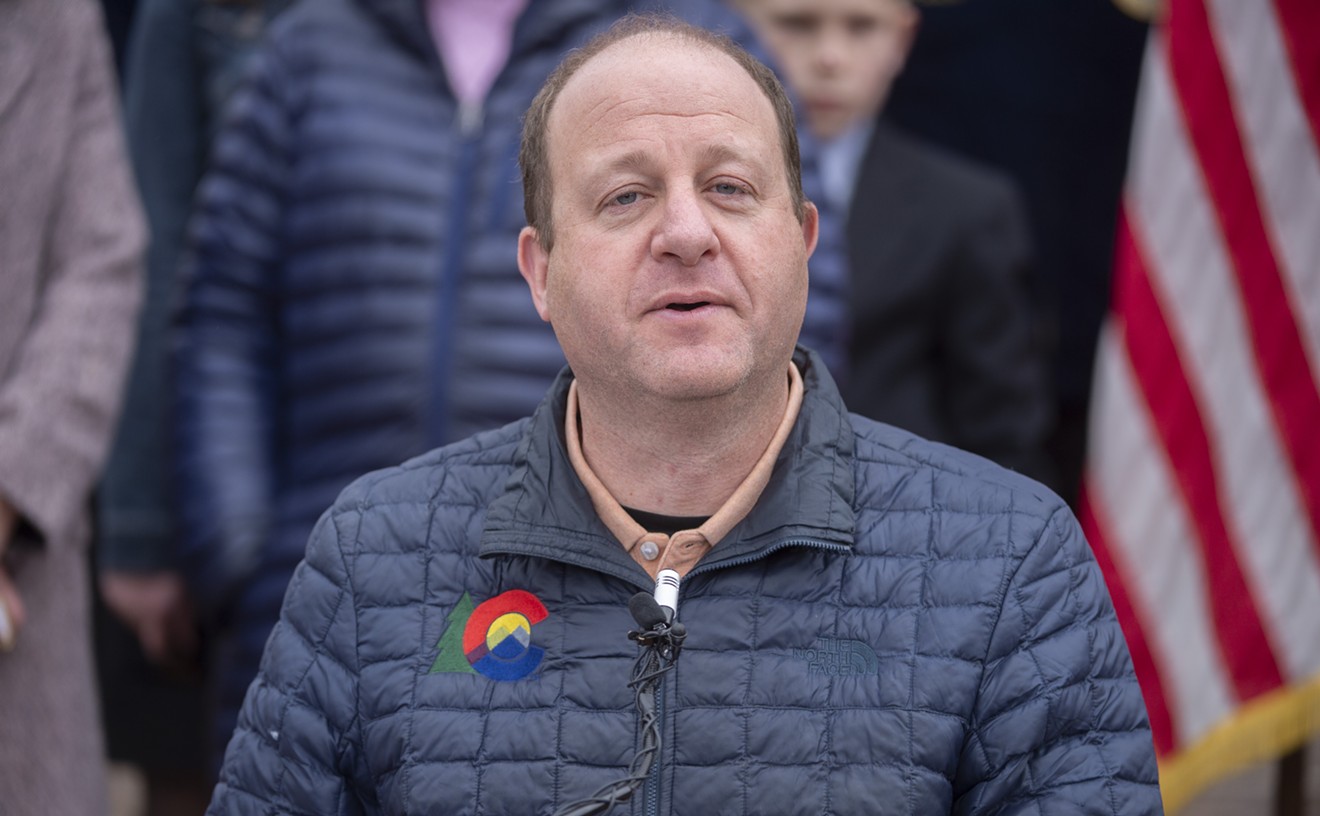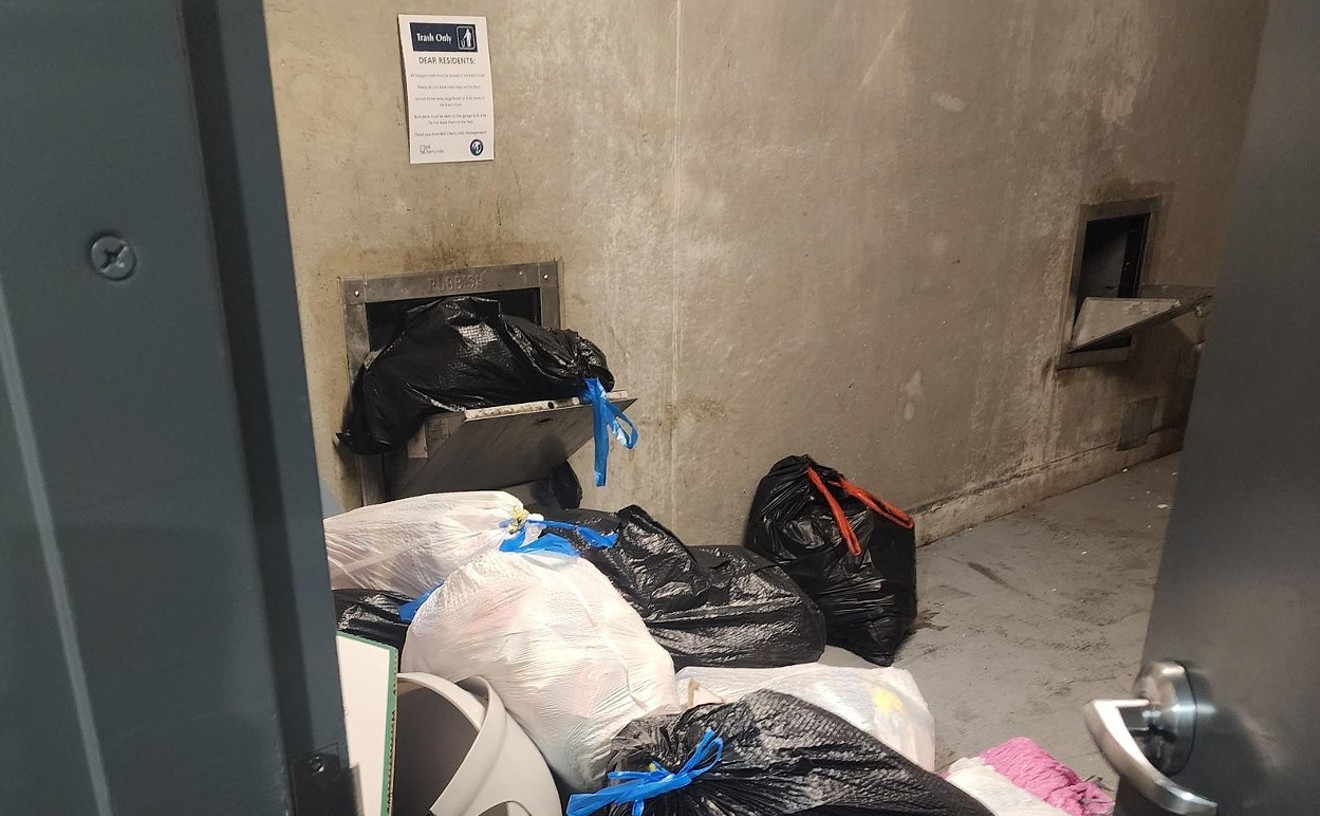The $3 million budget for incentive money to lure filmmakers to Colorado, which had been marked for elimination in March, has instead been slashed to $750,000. Colorado Film Commissioner Donald Zuckerman, who argued in this space for the $3 million figure to be increased last October, is relieved that some money remains for the program. But he sees little chance of attracting big Hollywood productions to the state for the next year as a result of this development.
"We want to turn Colorado into a premier destination for films," Zuckerman says. "But that will only come with incentives. New Mexico spent $50 million on incentives this past year, and Utah spent $8.8 million. These are our neighboring states, with much smaller populations. But with $750,000, we won't be able to compete with them on anything near a level playing field."
Reports about the possible termination of incentive money surfaced at roughly the same time that Bravo's Top Chef announced that it would be filming its fifteenth season in Colorado — specifically Denver, Boulder and Telluride. At the time, Zuckerman stressed that the deal never would have been struck without incentive money and suggested that such agreements essentially pay for themselves.
"We're basically a job-creation program," Zuckerman told us, "and bringing Top Chef here means that a lot of people will be hired locally. And we also have the opportunity to really increase tourism by Colorado being perceived as a food destination. We all know that people will say, 'Hey, I'll take a holiday in Italy, because I think the food is great,' or 'I think I'll go to San Francisco, because there are a slew of restaurants I want to try.' And while a lot of people know we have an awesome brewery scene, they don't know about our food scene. So putting the imprimatur of Top Chef on the food scene here is major."
The gutting of the incentive budget won't impact the Top Chef shoots, and neither will it prevent Freak Power, a movie about Hunter S. Thompson to be directed by Bobby Kennedy III, from starting production, perhaps as soon as this fall; the incentive money for these offerings has already been designated. But other coups of this sort probably won't happen now that three-quarters of the incentive budget is now gone.
Even so, Zuckerman doesn't want to seem as if he's ungrateful for getting at least some money. "In all fairness to the legislature, this was an incredibly tough year for them. They had to make a lot of cuts in places that were unpopular to cut. The film office is feeling some pain, but so are a lot of other programs. And we're going to make do, and do the best we can with what we have."
How so?
"We're going to try and grow the local business," Zuckerman notes. "We have a nascent and very budding narrative film industry here. We've had a pretty vibrant documentary business here for a number of years, but this past year, we had, I think, four narrative films made last summer. They're not expensive; the people who are doing them here are generally doing them for a very low budget. I would hope that we could keep that going — and I think there is enough money to service that sector of the film industry."
This approach "doesn't help us with keeping a lot of the technical people in film working in Colorado, all the people who rely on it for their living," he concedes. "We're not going to get an Our Souls at Night" — a Netflix movie starring Robert Redford and Jane Fonda that shot in the state last year — "but we will continue to do what we can to help the local movies."
Zuckerman points out that many other efforts pressed by the state film office will go on, including educational programming, alliances with colleges, universities and even some high schools, and what he calls "road trips" across the state, in which people working in the industry tell kids and other interested parties how they got involved in the business. He also highlights the screenplay-reading program, "where we get professionals in the industry and professors and teachers who teach writing to read the screenplays and give notes." Click for more details about the screenplay program (the deadline is June 30) and other film-office efforts.
In the meantime, Zuckerman acknowledges, "I would have liked to have gotten more funding. This is a program that we think is worthwhile, and we're trying to grow it. And we're hoping that by showcasing the local talent, we can persuade the legislature next year, when hopefully things will be a little bit better economically."
[
{
"name": "Air - MediumRectangle - Inline Content - Mobile Display Size",
"component": "12017618",
"insertPoint": "2",
"requiredCountToDisplay": "2"
},{
"name": "Editor Picks",
"component": "17242653",
"insertPoint": "4",
"requiredCountToDisplay": "1"
},{
"name": "Inline Links",
"component": "18838239",
"insertPoint": "8th",
"startingPoint": 8,
"requiredCountToDisplay": "7",
"maxInsertions": 25
},{
"name": "Air - MediumRectangle - Combo - Inline Content",
"component": "17261320",
"insertPoint": "8th",
"startingPoint": 8,
"requiredCountToDisplay": "7",
"maxInsertions": 25
},{
"name": "Inline Links",
"component": "18838239",
"insertPoint": "8th",
"startingPoint": 12,
"requiredCountToDisplay": "11",
"maxInsertions": 25
},{
"name": "Air - Leaderboard Tower - Combo - Inline Content",
"component": "17261321",
"insertPoint": "8th",
"startingPoint": 12,
"requiredCountToDisplay": "11",
"maxInsertions": 25
}
]













